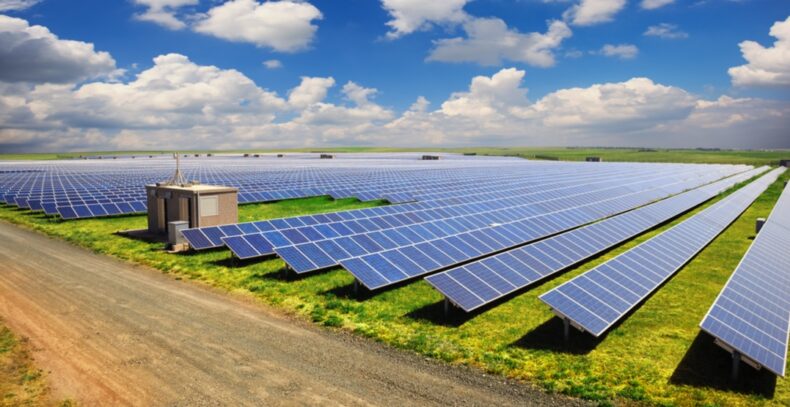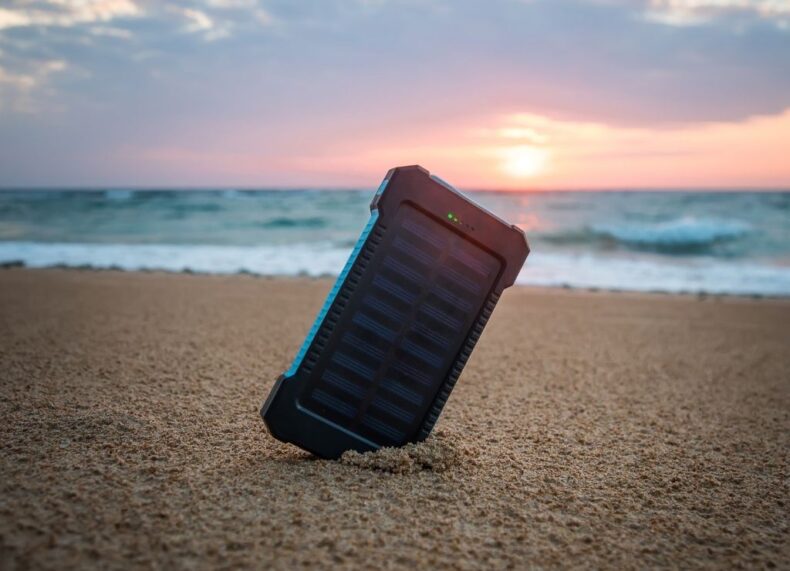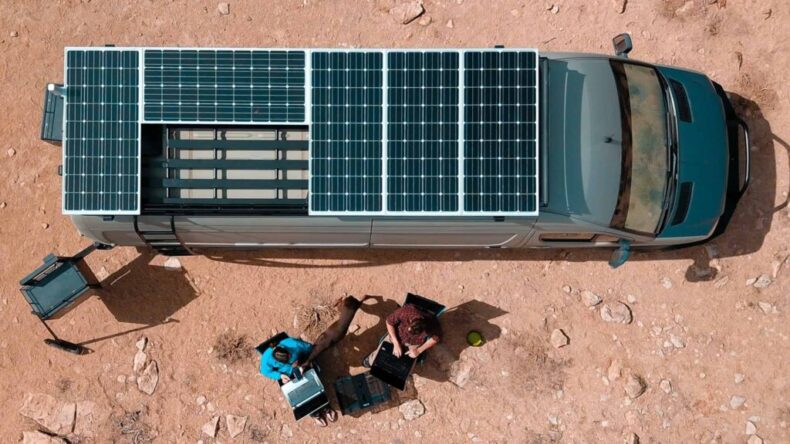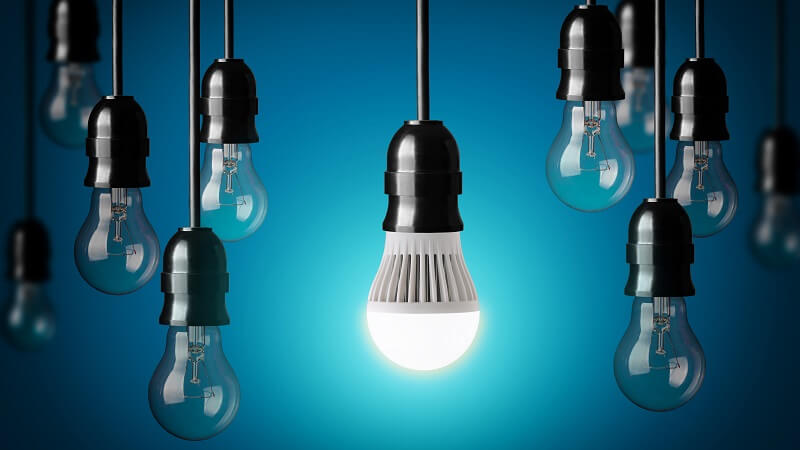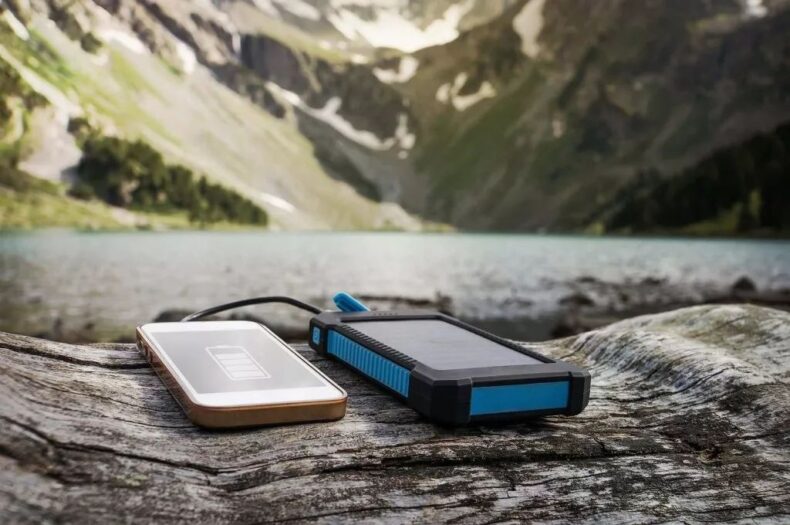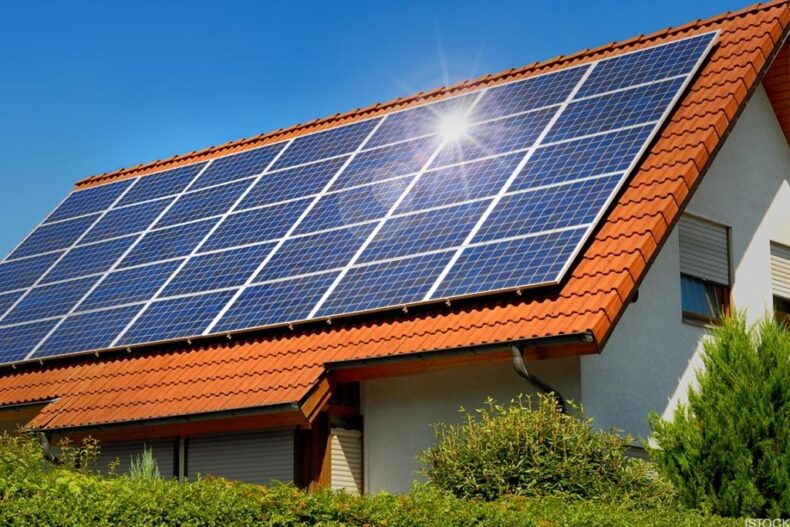Solar Farms (What They Are & How They Work)
Solar farms – professor Giovanni Francia built the first one in Sant’llario, Italy in 1968. Since then, the world has gone on to build thousands more, allowing renewable energy to reach the farthest corners of our planet. If you think about it, this should come as no surprise. Solar PV module prices have dropped from $106.09/W … Read more

